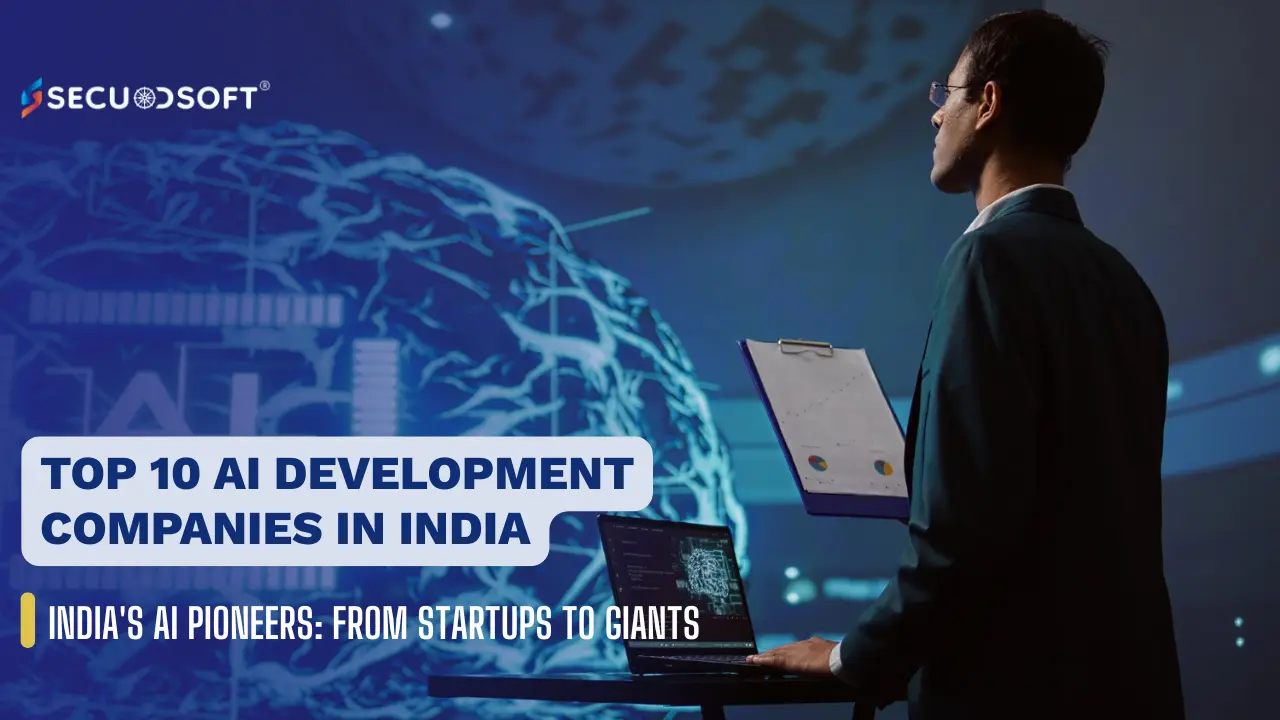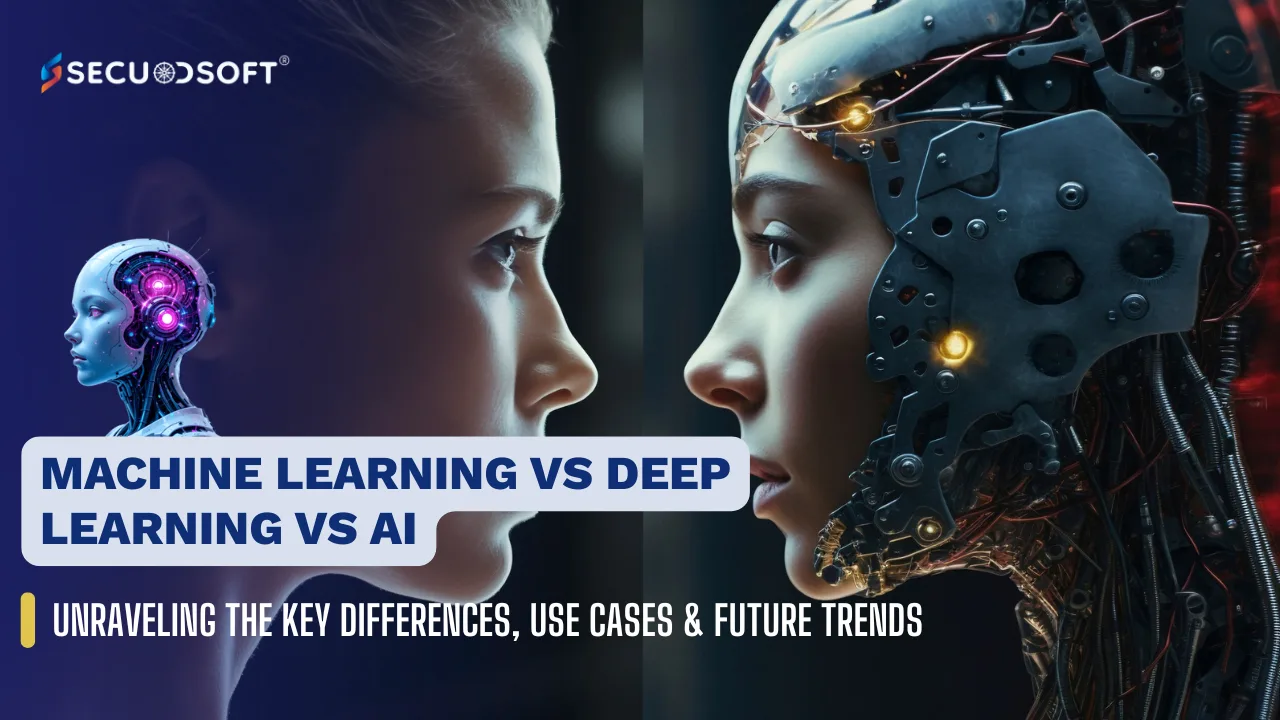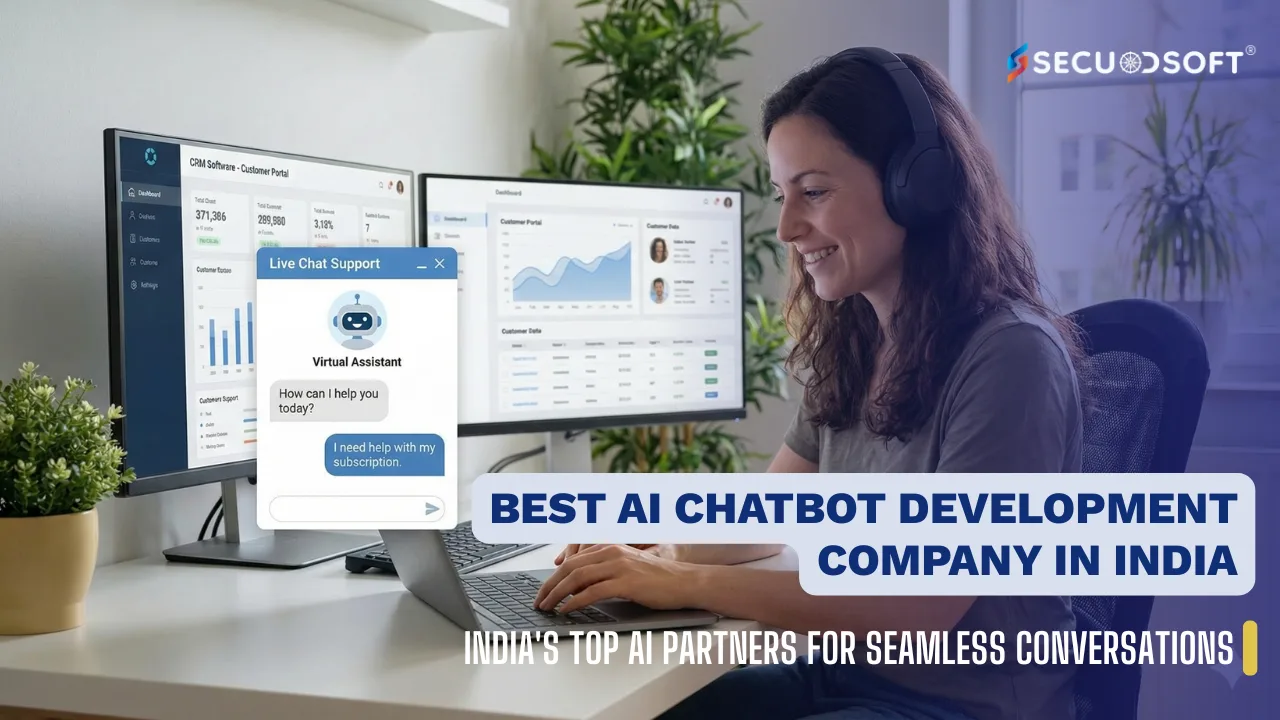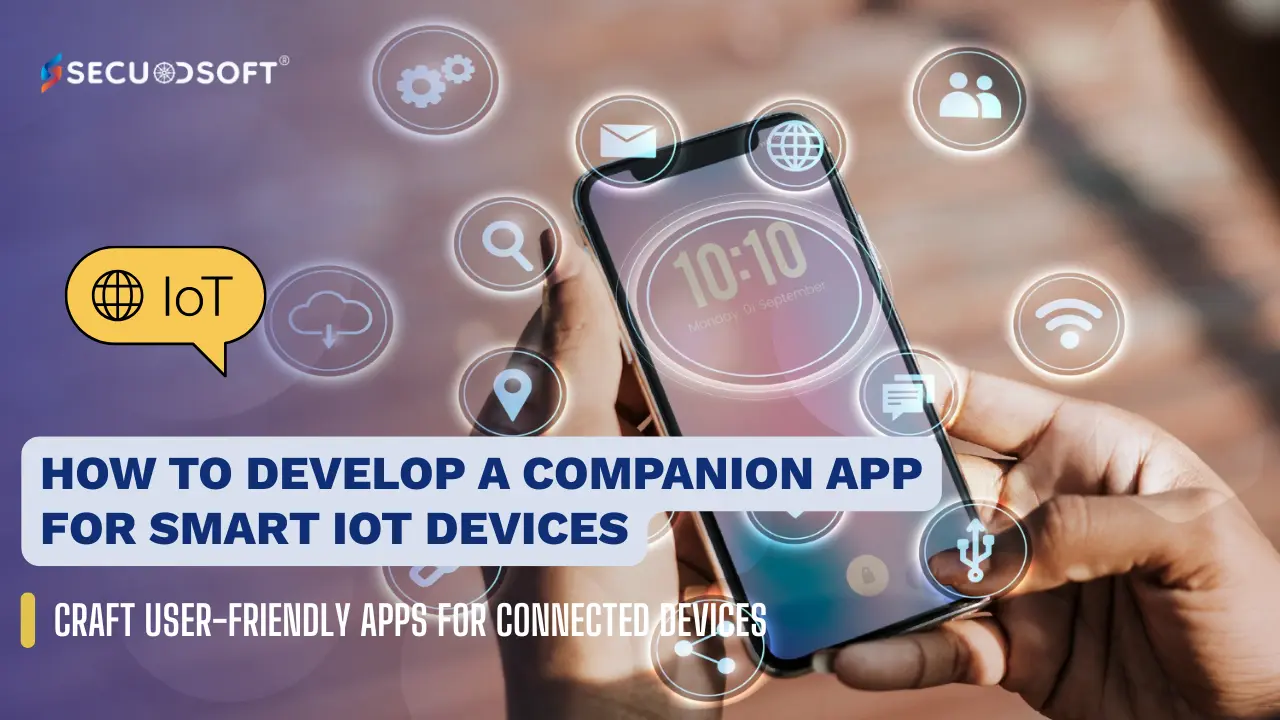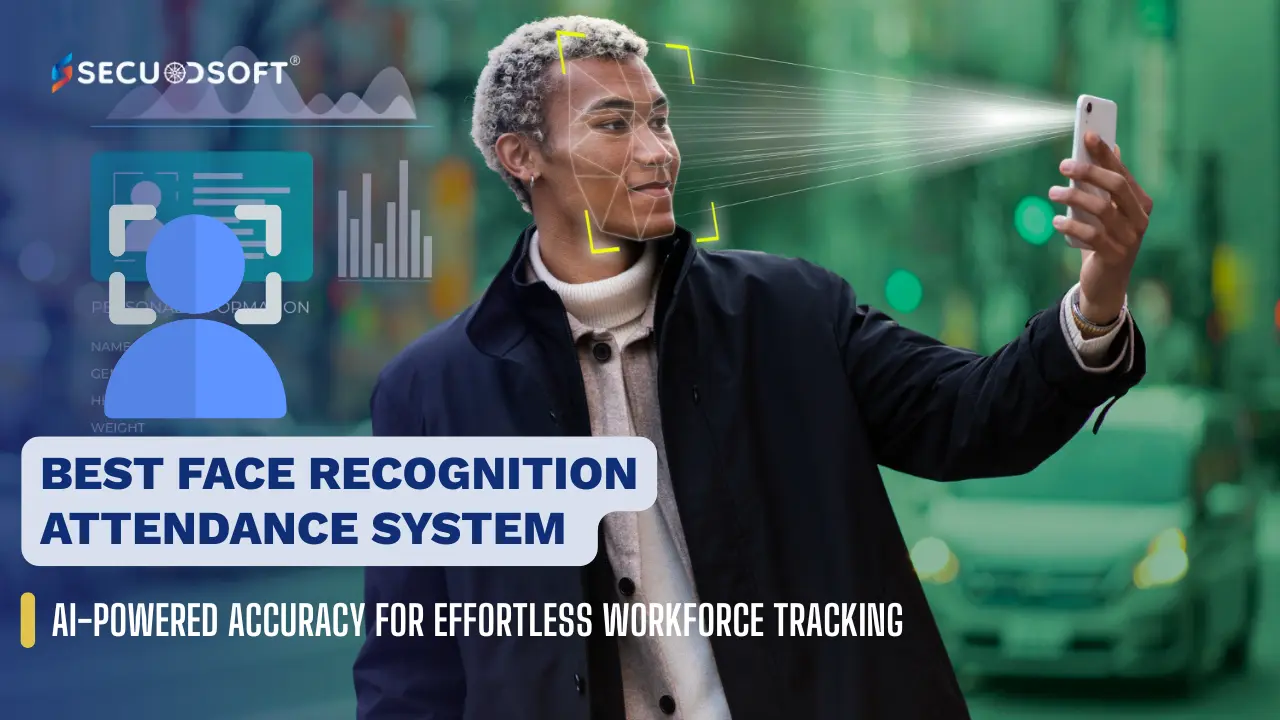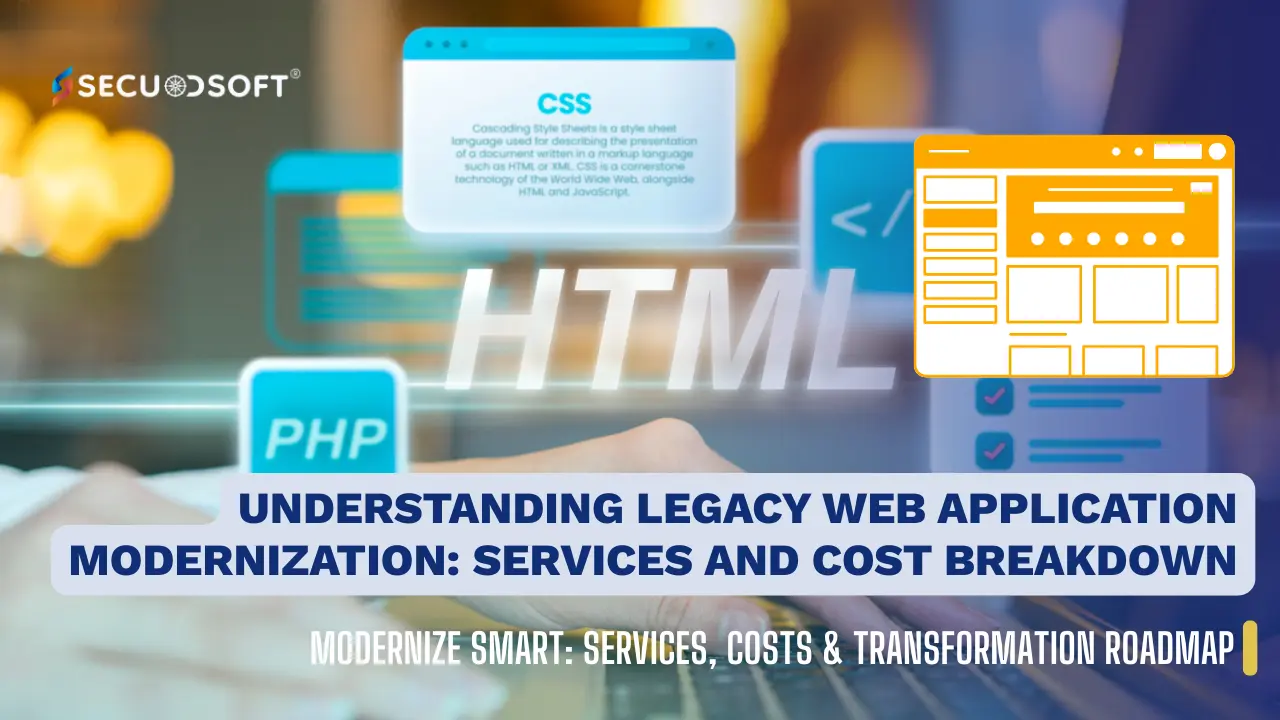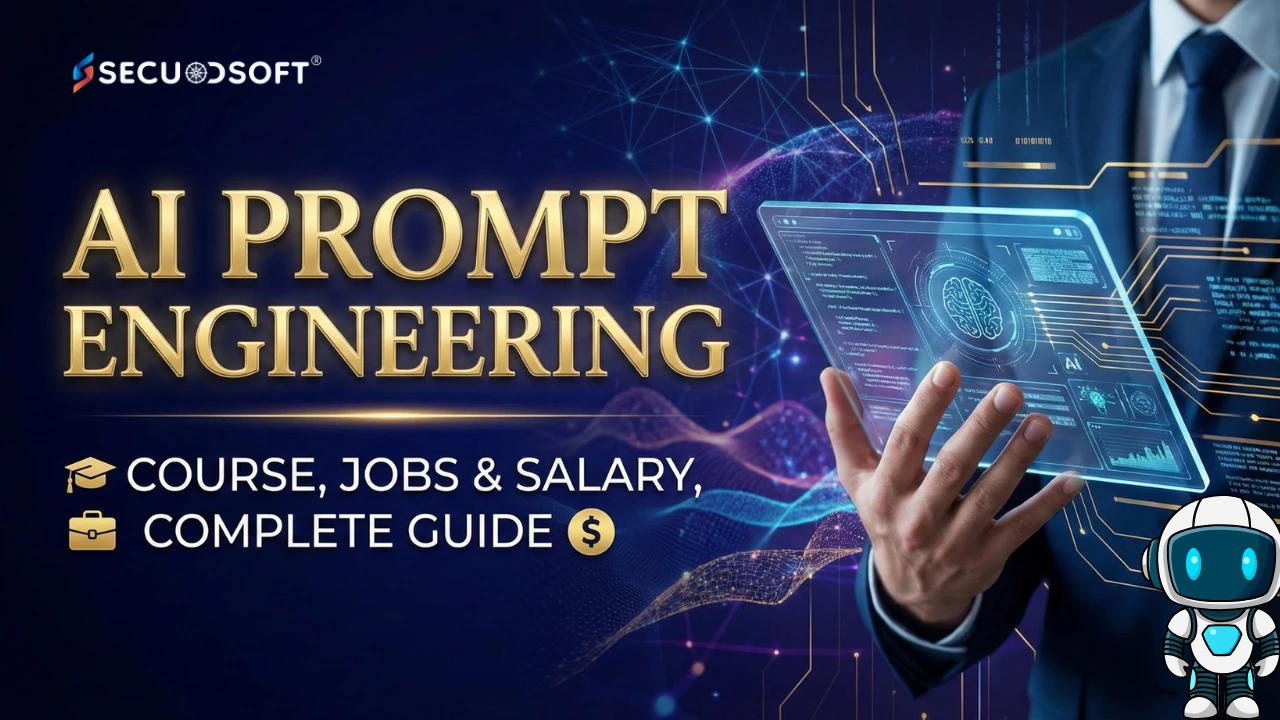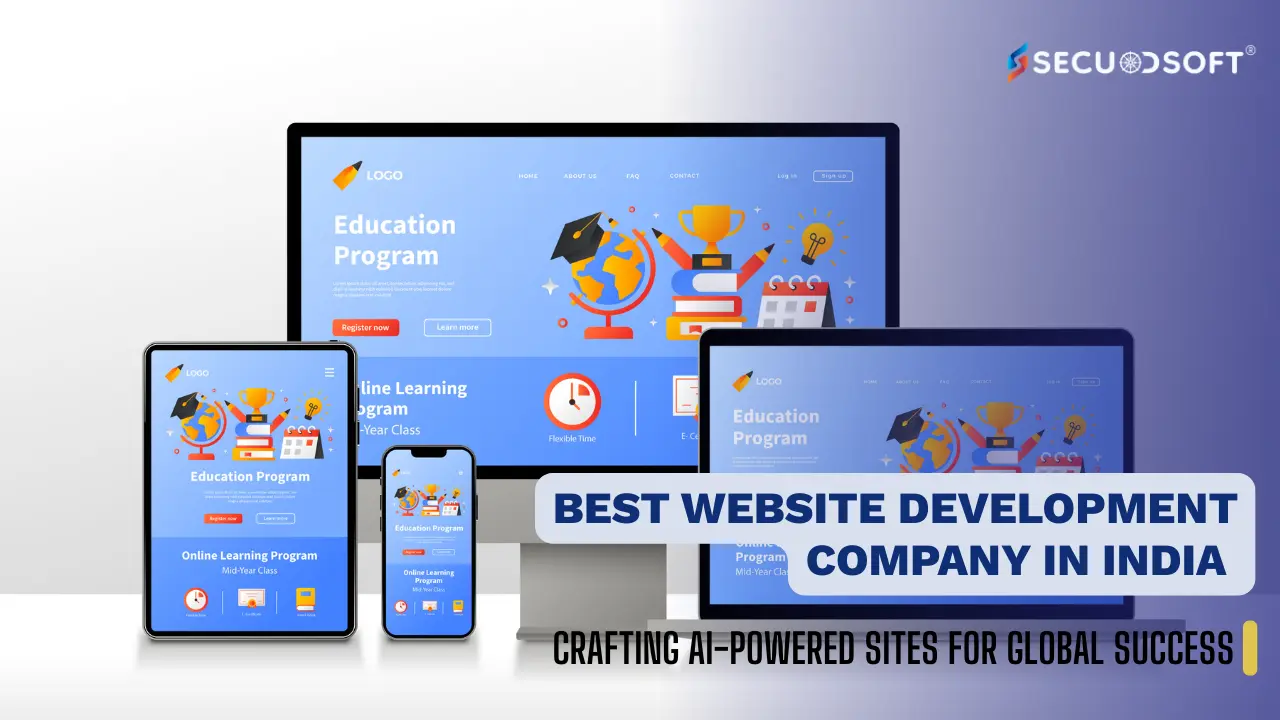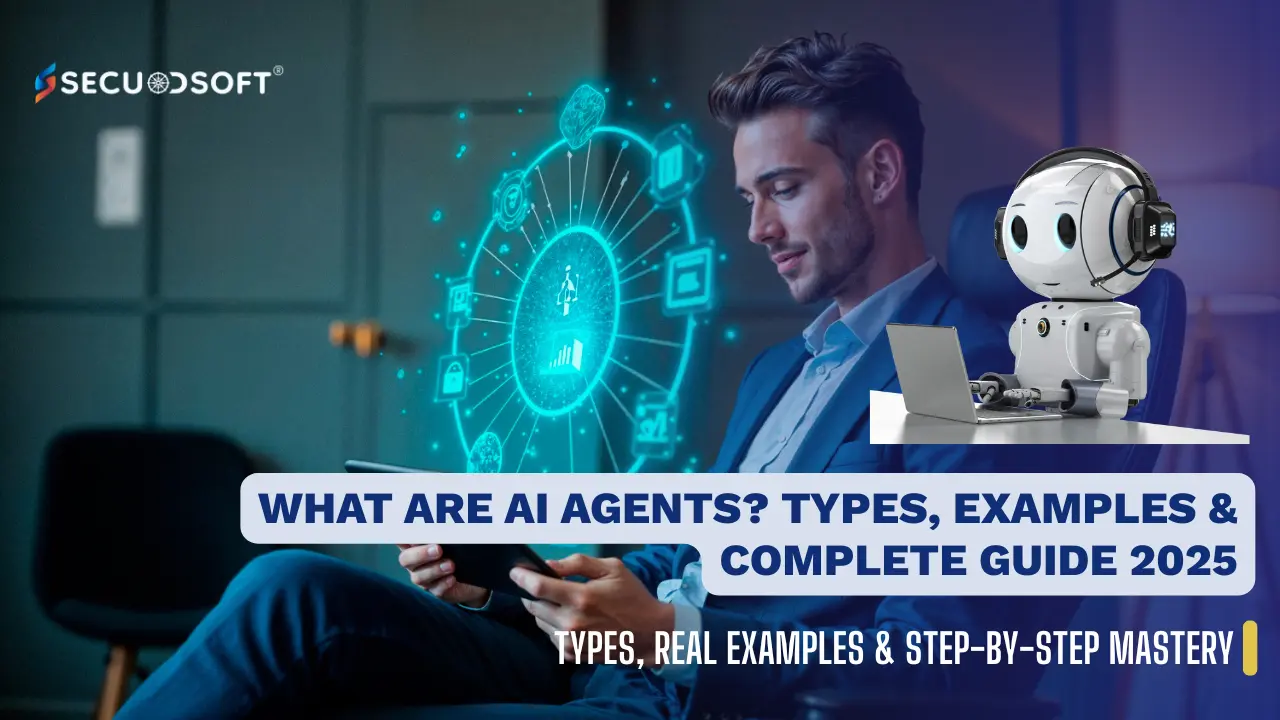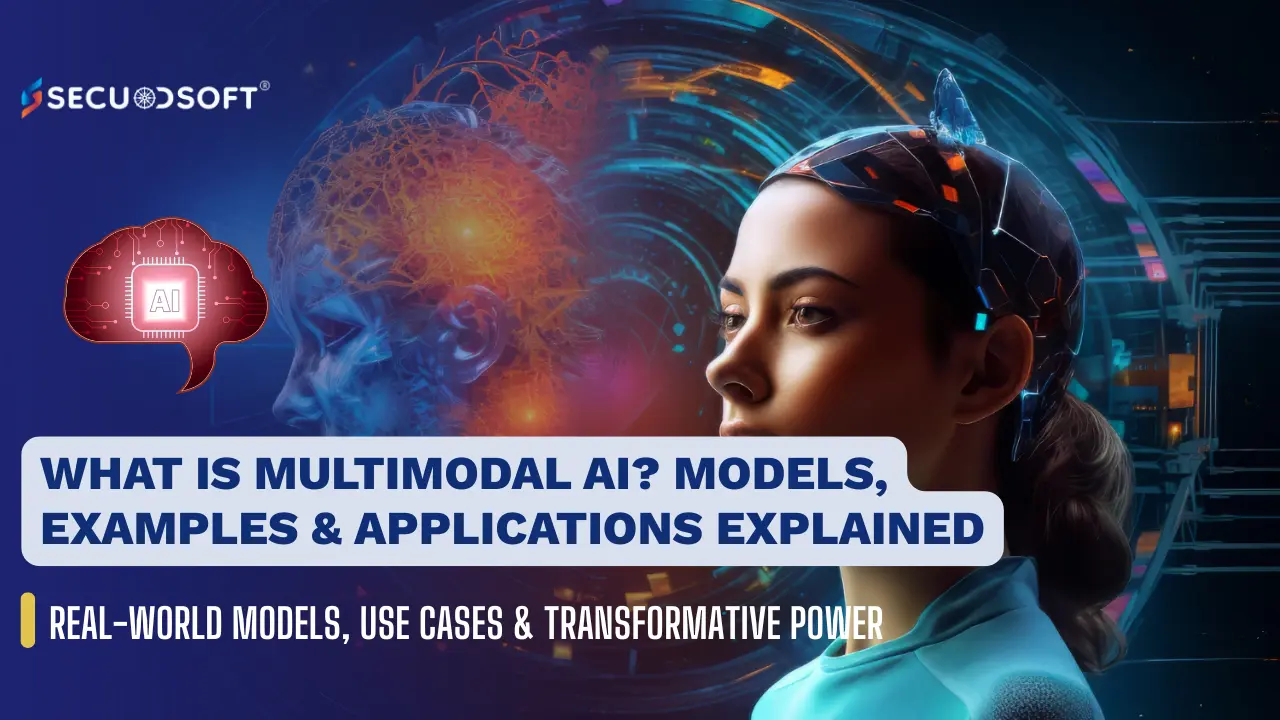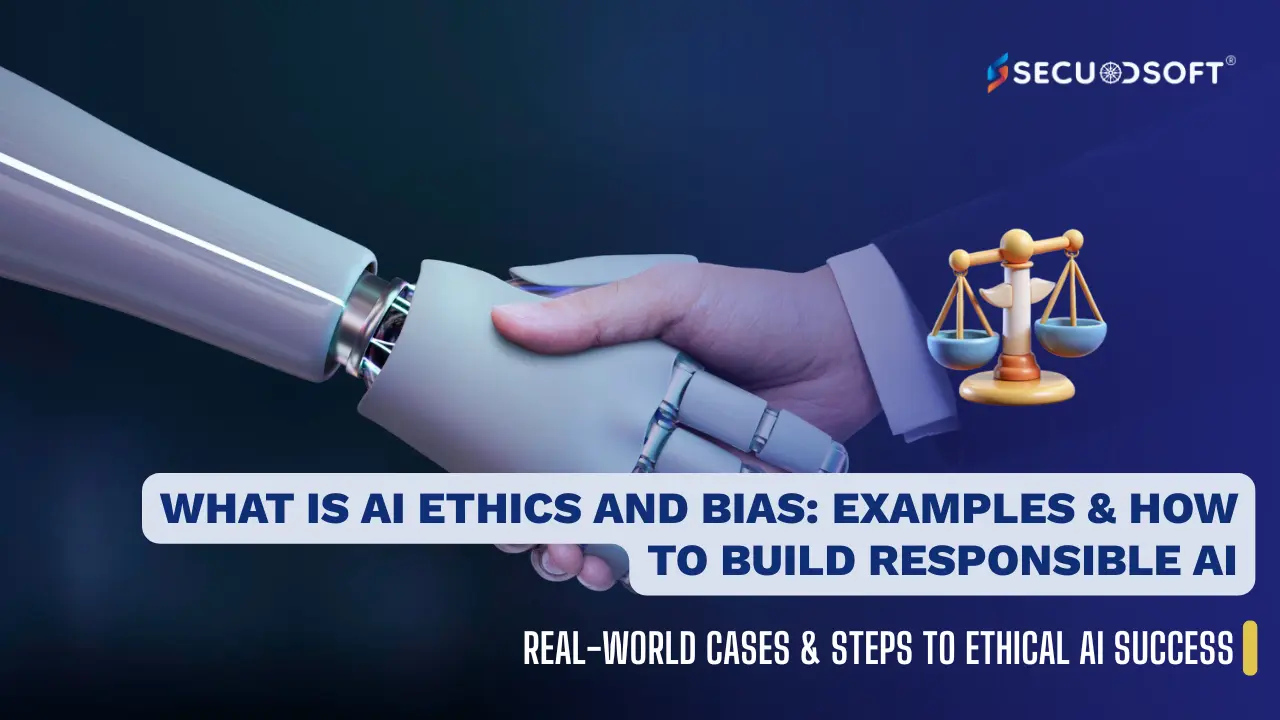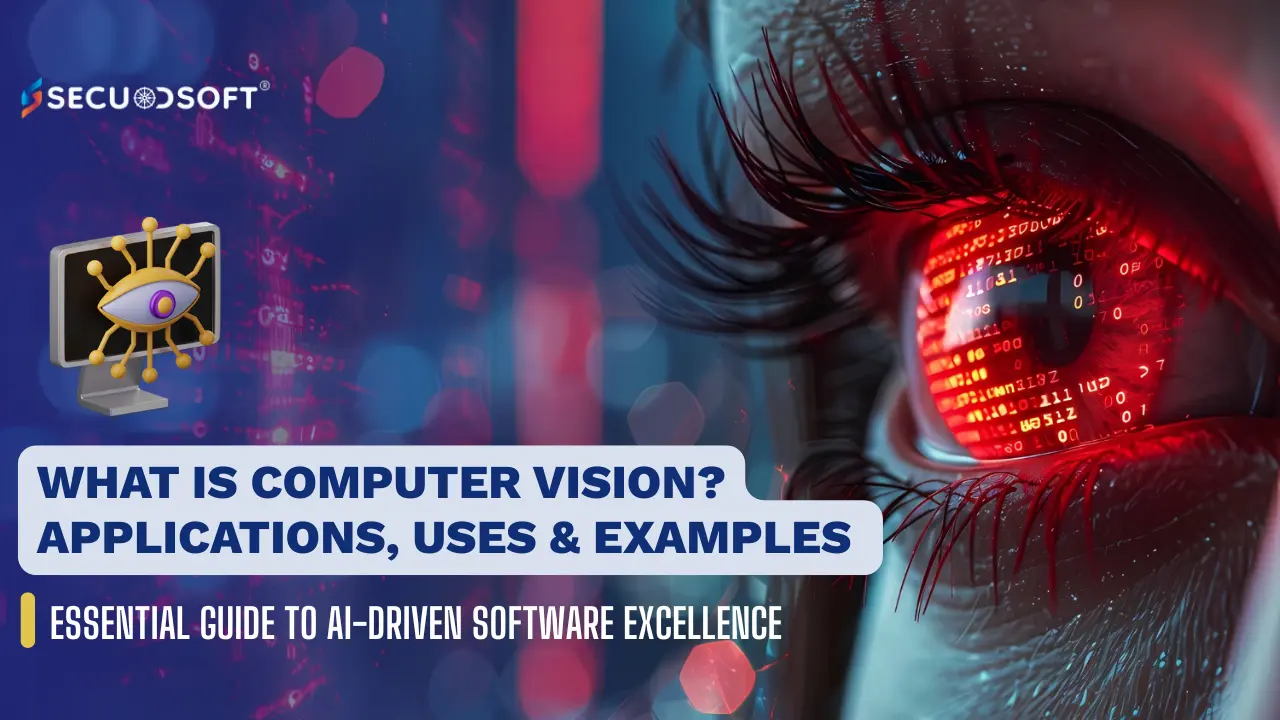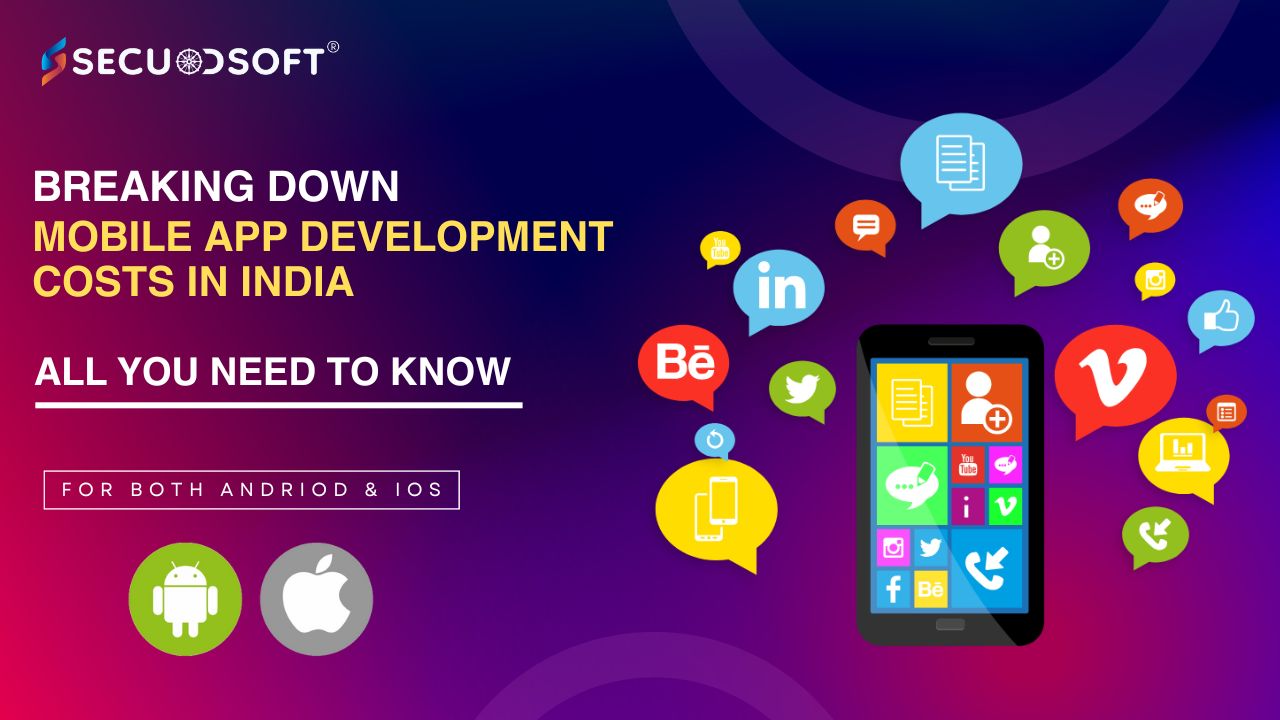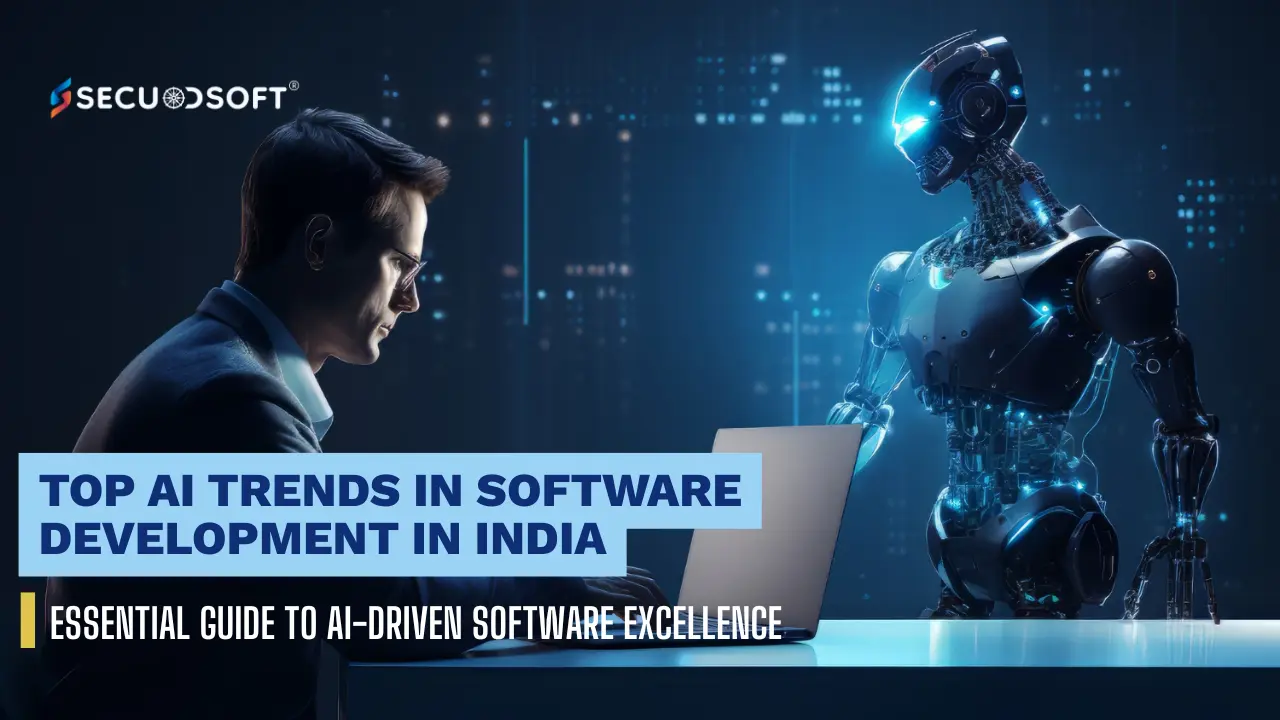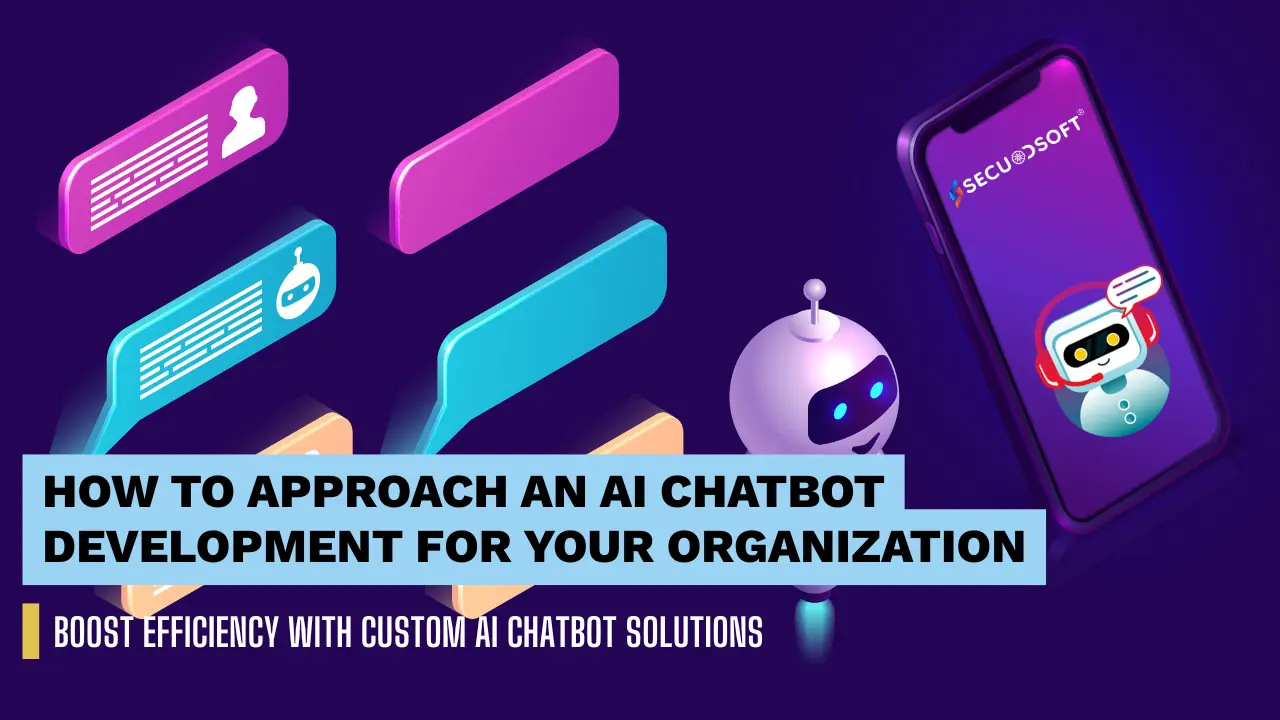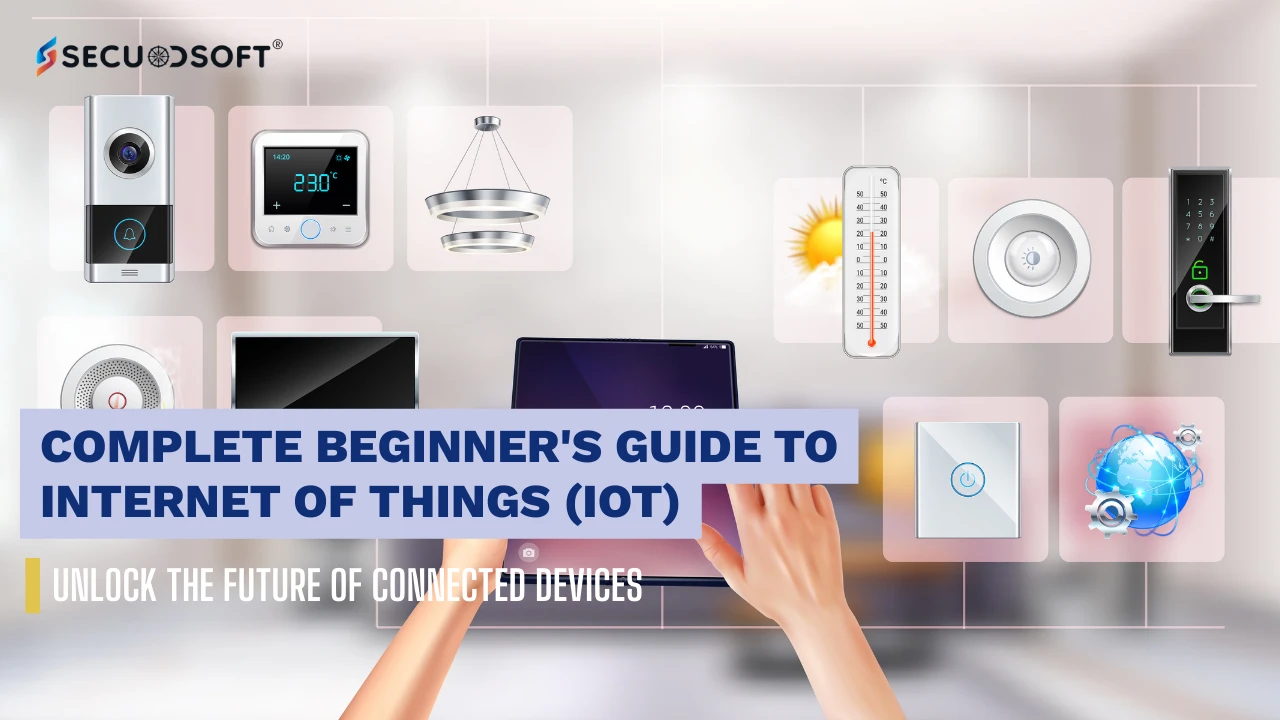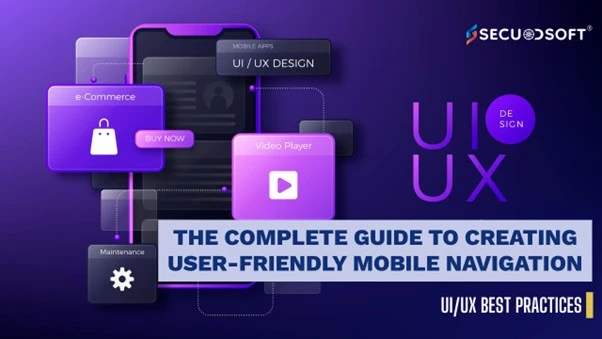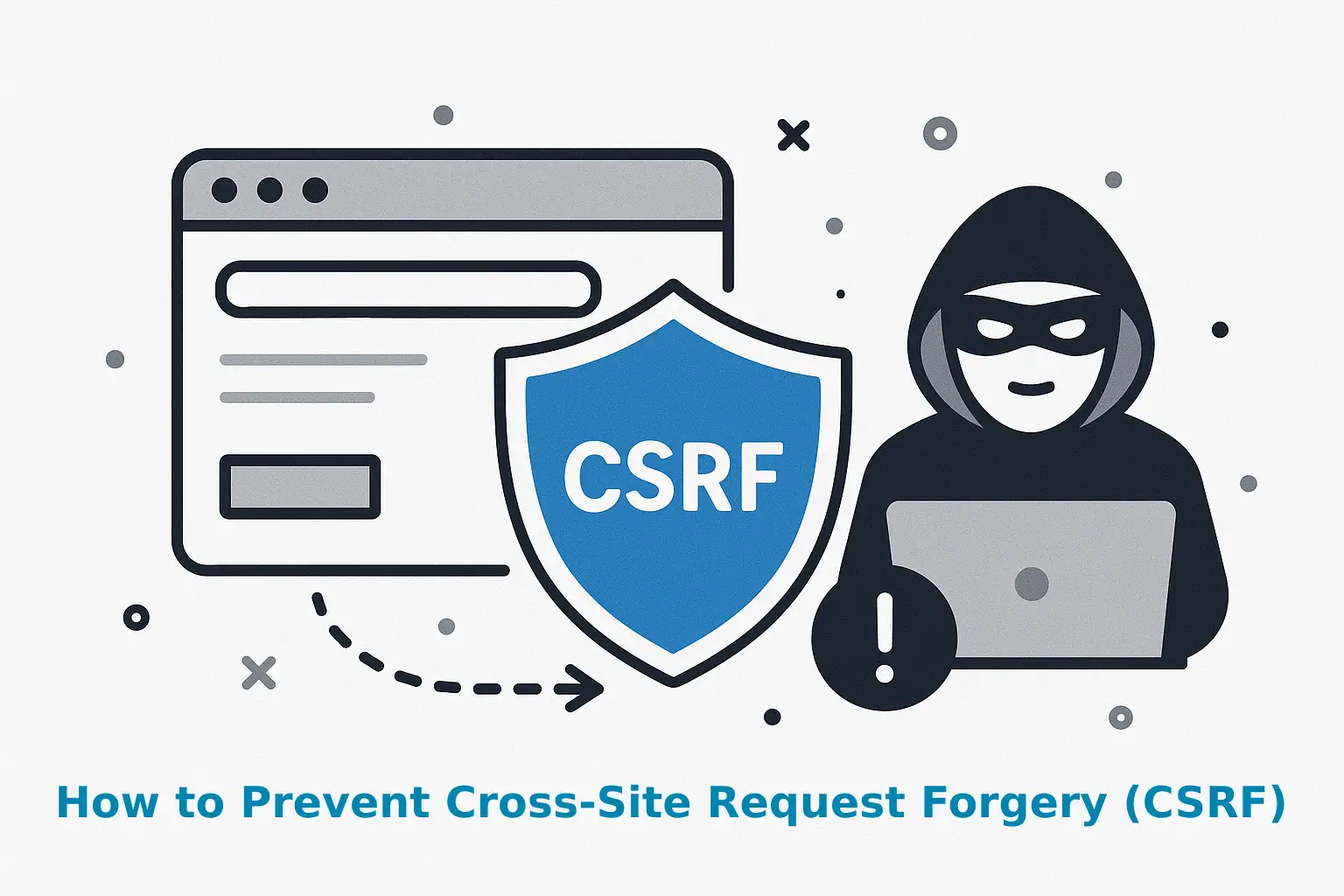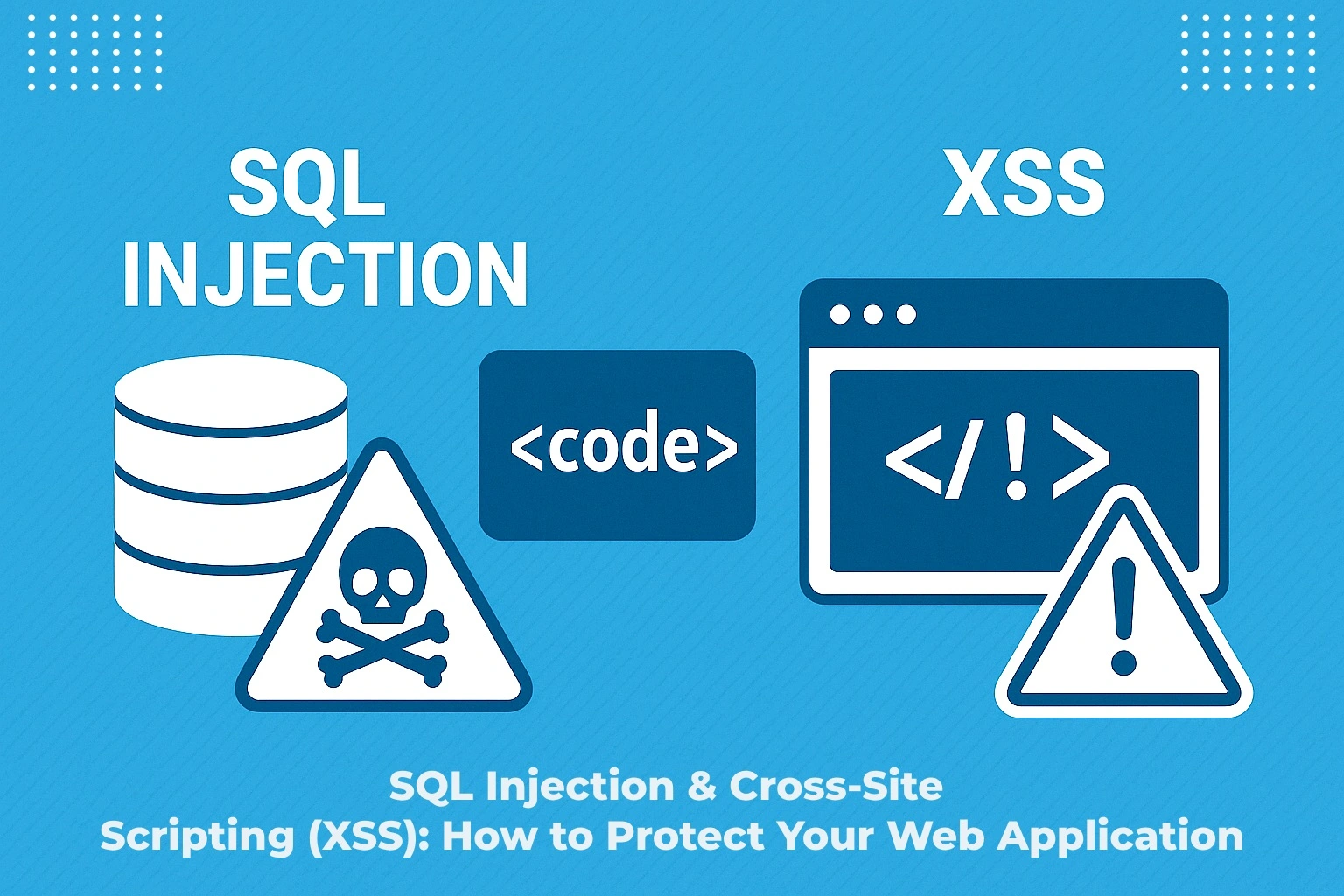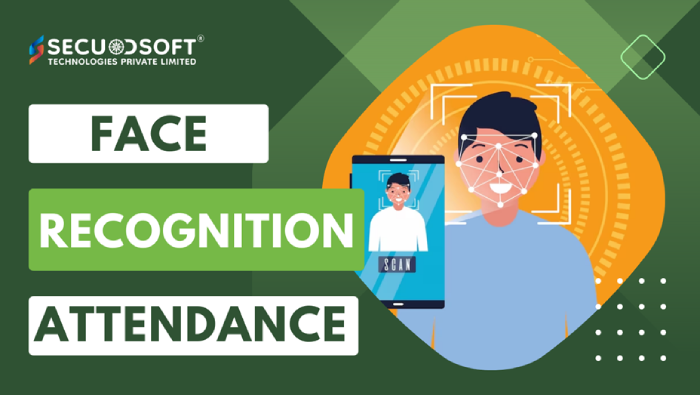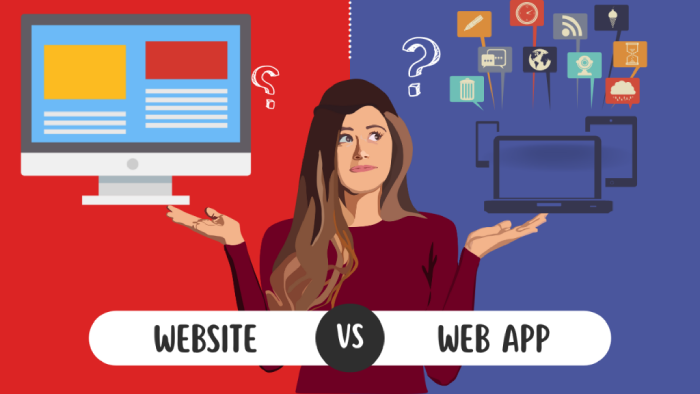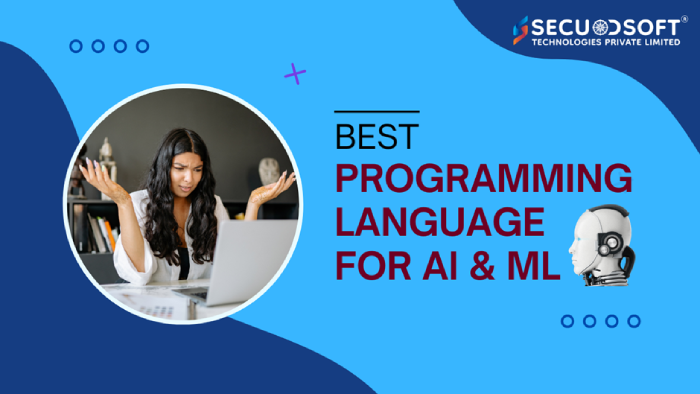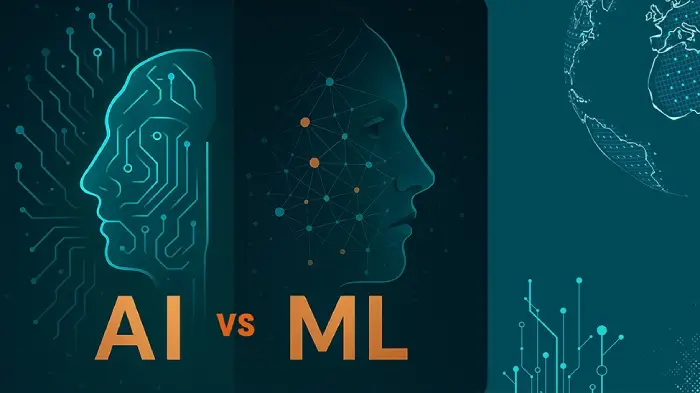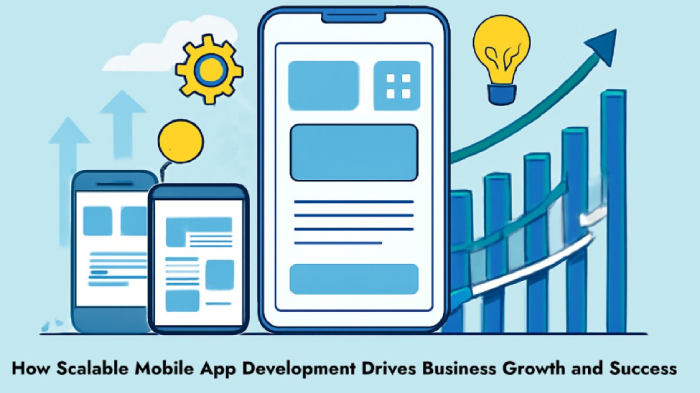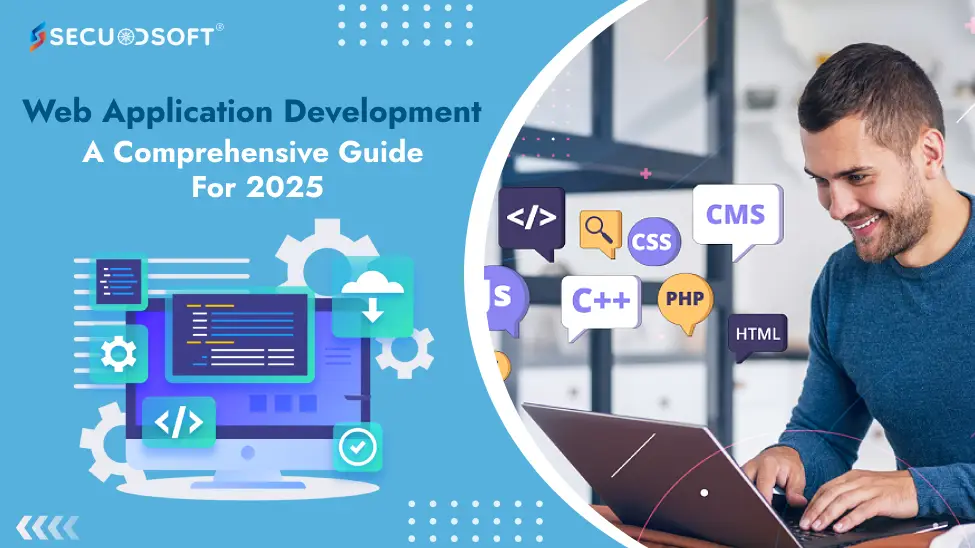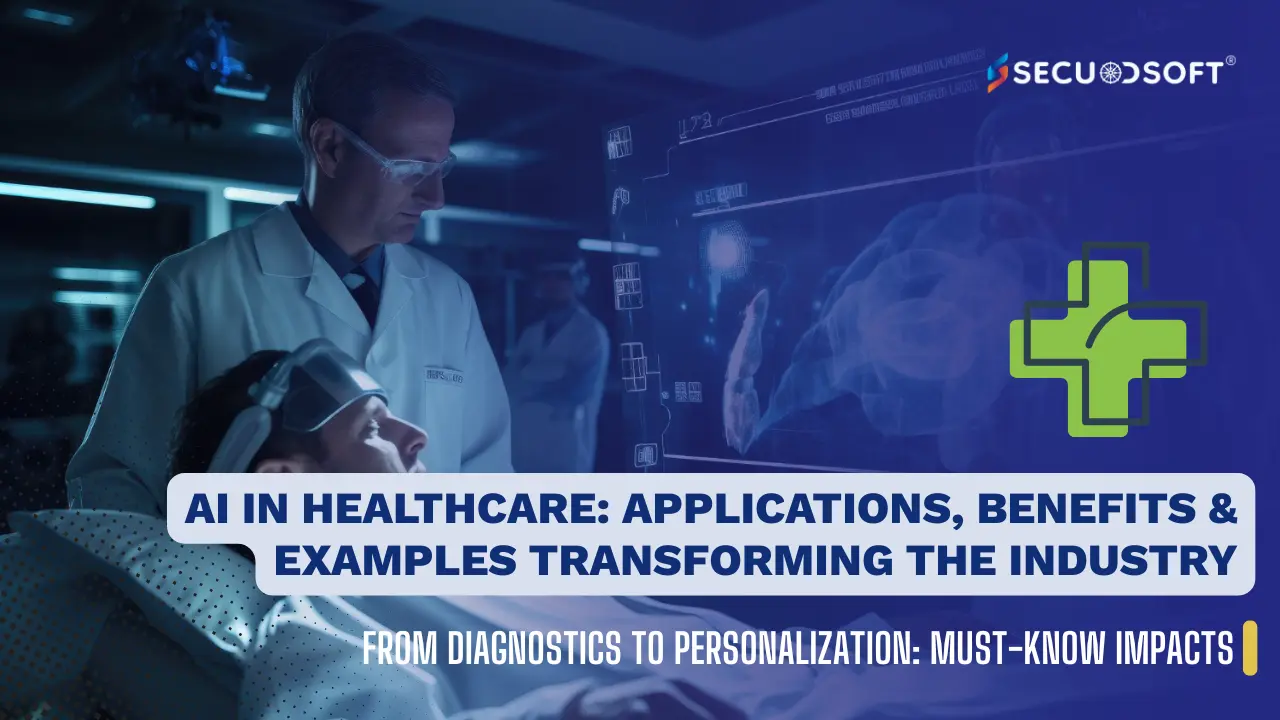
Machine Learning & AI
Editorial Team
10 Nov 2025
The healthcare industry is experiencing a transformation unlike anything we've seen before. Artificial intelligence in healthcare is no longer science fiction. It's saving lives, reducing costs, and revolutionizing how doctors diagnose and treat patients every single day. From detecting cancer earlier than human eyes can see to predicting patient deterioration before symptoms appear, AI in healthcare is rewriting the rules of modern medicine.
Imagine a world where diseases are caught before they cause symptoms, where your doctor has insights from millions of similar cases instantly available, and where personalized treatment plans are created based on your unique genetic makeup. This isn't the future anymore. This is happening right now, and AI healthcare technology is making it possible.
Understanding AI in Healthcare: What It Really Means
Artificial intelligence in healthcare refers to machine learning algorithms and software that can analyze complex medical data, recognize patterns invisible to human observers, and provide insights that improve patient outcomes. Unlike traditional healthcare software that follows rigid rules, AI systems learn and improve from every interaction, becoming more accurate and valuable over time.
The beauty of AI in medicine lies in its ability to process vast amounts of information instantaneously. A radiologist might review hundreds of scans in a career, but an AI healthcare system can learn from millions of images, identifying subtle patterns that indicate disease progression. This doesn't replace doctors — it empowers them with superhuman analytical capabilities while they focus on what humans do best: compassionate care and complex decision-making.
What makes healthcare AI particularly exciting is its versatility. The same underlying AI technology that helps detect tumors can also predict patient readmission risks, optimize hospital staffing, accelerate drug discovery, and personalize treatment protocols. This multipurpose nature makes AI one of the most transformative technologies ever introduced to medicine.
10 Benefits of Artificial Intelligence in Healthcare
1. Earlier and More Accurate Disease Detection
AI in healthcare excels at spotting diseases in their earliest, most treatable stages. Medical AI systems can analyze imaging scans, pathology slides, and patient data to identify cancer, heart disease, and other conditions months or even years before traditional methods. Studies show AI diagnostic tools can match or exceed human expert accuracy in detecting breast cancer, lung nodules, and diabetic retinopathy.
This early detection dramatically improves patient survival rates and reduces treatment costs.
2. Personalized Treatment Plans
Every patient is unique, and AI healthcare applications enable truly personalized medicine. By analyzing a patient's genetic information, medical history, lifestyle factors, and response to previous treatments, AI systems can recommend treatment plans tailored specifically to that individual.
This precision medicine approach means patients receive therapies most likely to work for them, avoiding ineffective treatments and reducing harmful side effects.
3. Reduced Medical Errors
Medical errors remain a leading cause of death globally, but artificial intelligence in healthcare significantly reduces these preventable tragedies. AI systems flag potential drug interactions, alert doctors to abnormal test results, and identify patients at high risk for complications. These intelligent safety nets catch mistakes before they harm patients, creating multiple layers of protection throughout the healthcare journey.
4. Faster Drug Discovery and Development
Developing new medications traditionally takes over a decade and costs billions of dollars. AI in healthcare is revolutionizing pharmaceutical research by analyzing millions of molecular compounds to identify promising drug candidates in a fraction of the time. AI algorithms can predict how drugs will interact with human biology, identify optimal molecular structures, and even repurpose existing medications for new conditions — dramatically accelerating the path from laboratory to patient.
5. 24/7 Patient Monitoring and Support
Healthcare AI never sleeps, providing continuous monitoring that catches problems the moment they develop. Wearable devices and remote monitoring systems powered by AI track vital signs, detect anomalies, and alert healthcare providers to concerning changes instantly. Virtual health assistants answer patient questions any time of day, providing reliable medical information and guidance when human staff aren't available.
6. Administrative Efficiency and Cost Reduction
Healthcare drowns in paperwork, with doctors spending nearly two hours on administrative tasks for every hour of patient care. AI healthcare solutions automate medical coding, claims processing, appointment scheduling, and documentation, freeing healthcare professionals to focus on patients. This administrative efficiency translates to significant cost savings that make healthcare more affordable and accessible.
7. Predictive Analytics for Better Outcomes
AI in medicine doesn't just react to problems — it predicts them before they occur. Predictive AI models analyze patient data to forecast which individuals face high risks for hospital readmission, disease progression, or adverse events. This foresight allows healthcare teams to intervene proactively, preventing complications rather than treating them after they've developed.
8. Enhanced Medical Imaging Analysis
Radiologists and pathologists face enormous workloads reviewing countless scans and tissue samples. AI medical imaging tools analyze X-rays, MRIs, CT scans, and pathology slides with remarkable speed and accuracy. These AI systems highlight areas of concern, measure tumor sizes, track disease progression over time, and provide quantitative analysis that supports more informed clinical decisions.
9. Improved Access to Healthcare Services
Artificial intelligence in healthcare breaks down geographical barriers to quality care. AI-powered telemedicine platforms bring specialist expertise to underserved rural areas. Diagnostic AI tools enable local clinics to provide sophisticated analysis without expensive equipment or specialist radiologists. This democratization of healthcare means more people receive timely, quality care regardless of where they live.
10. Accelerated Clinical Research
Medical research advances at a frustrating pace, often taking years to identify patterns and draw conclusions. Healthcare AI processes research data at unprecedented speeds, identifying correlations, generating hypotheses, and analyzing clinical trial results. This acceleration means breakthrough treatments reach patients faster, and researchers can ask questions previously impossible to answer due to data complexity.
Real-World AI in Healthcare Examples
Cancer Detection and Diagnosis
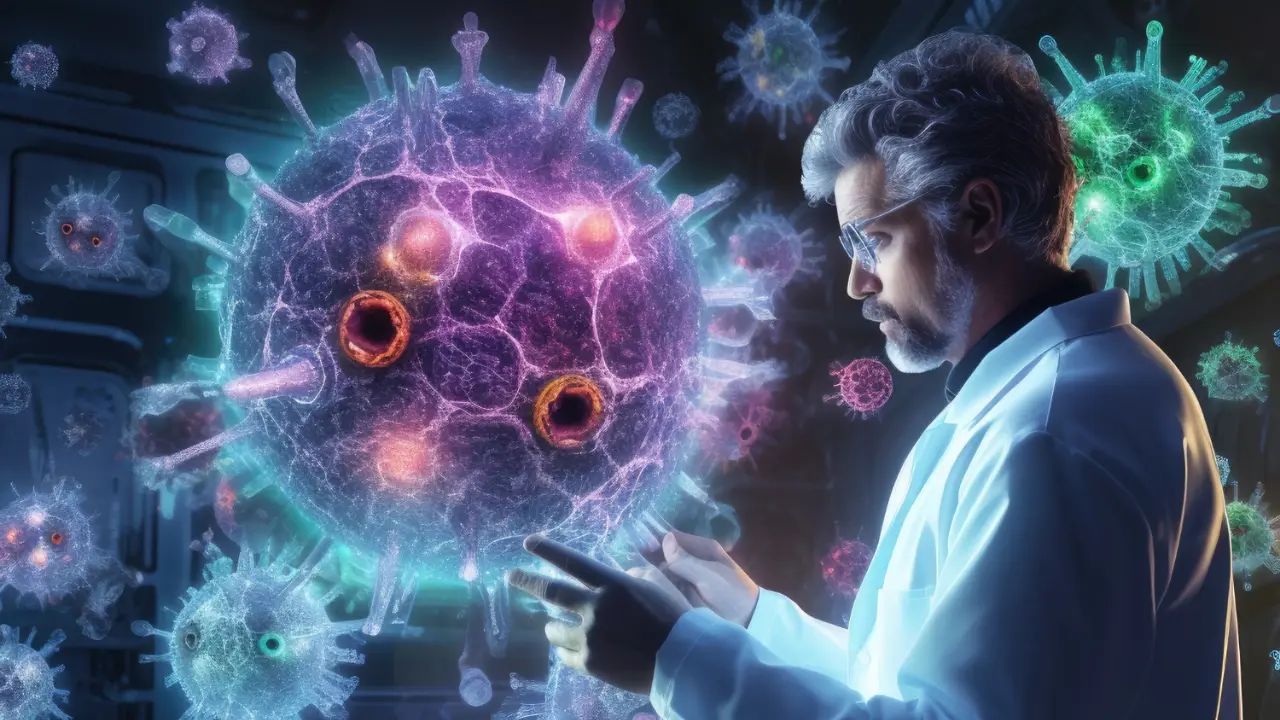
AI healthcare technology is making remarkable strides in oncology. Google's AI system detects breast cancer in mammograms with greater accuracy than radiologists, reducing false positives by 5.7% and false negatives by 9.4%. AI pathology tools analyze tissue samples to identify cancer cells, determine tumor aggressiveness, and predict patient outcomes. These AI diagnostic systems don't replace pathologists but serve as invaluable second opinions that catch what human eyes might miss.
Virtual Health Assistants
Companies are deploying AI-powered chatbots that triage patient symptoms, provide medical advice, and determine whether situations require emergency care. These intelligent assistants answer common health questions, help patients manage chronic conditions, and remind them to take medications. By handling routine inquiries, these AI healthcare applications ensure human medical staff can focus on complex cases requiring their expertise.
Robotic Surgery Assistance
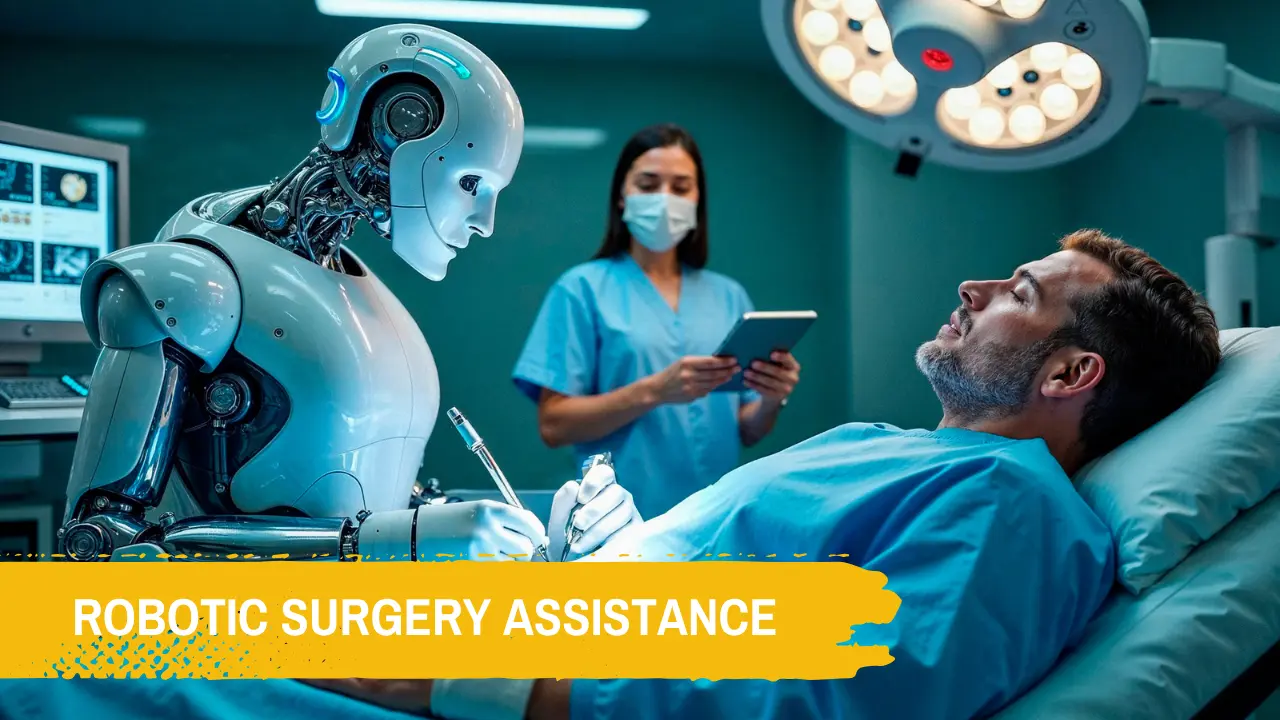
AI-enabled surgical robots provide surgeons with enhanced precision, flexibility, and control during complex procedures. These systems translate a surgeon's hand movements into smaller, more precise movements of tiny instruments inside the patient's body. The AI compensates for hand tremors and can access hard-to-reach areas, leading to less invasive procedures, reduced complications, and faster patient recovery.
Drug Interaction Prediction
AI pharmacy systems analyze a patient's complete medication list, identifying potential dangerous interactions before prescriptions are filled. These intelligent systems consider factors like dosage, timing, patient age, kidney function, and genetic factors to prevent adverse drug events. This proactive safety screening has prevented countless medication errors and hospital admissions.
Mental Health Support
AI mental health applications provide accessible support for anxiety, depression, and other mental health conditions. These platforms use natural language processing to conduct therapeutic conversations, track mood patterns, and identify crisis situations requiring human intervention. While not replacing human therapists, these AI tools make mental health support available to people who might otherwise go without care.
Key Applications of AI in Healthcare Across Medical Specialties
Radiology and Medical Imaging
AI radiology applications are among the most mature healthcare AI implementations. These systems analyze imaging studies for dozens of conditions including pneumonia, fractures, brain bleeds, and cardiovascular disease. The AI provides preliminary reads, prioritizes urgent cases, and quantifies findings with precision impossible for human observers. Radiologists using AI assistance report increased confidence in diagnoses and significant time savings.
Pathology and Laboratory Medicine
AI pathology platforms examine tissue samples and blood tests with remarkable detail. These systems identify cancer cells, classify tumor types, predict treatment responses, and detect rare conditions that human pathologists might encounter only once in a career. The AI serves as a tireless consultant, providing evidence-based insights drawn from millions of previous cases.
Cardiology and Heart Disease
AI cardiology applications analyze electrocardiograms to detect irregular heart rhythms, predict heart failure, and identify patients at risk for cardiac events. Wearable devices with AI algorithms continuously monitor heart health, alerting users and doctors to concerning patterns. This constant vigilance catches heart problems early when interventions are most effective.
Primary Care and General Medicine
AI clinical decision support helps primary care doctors manage the incredible breadth of conditions they encounter. These systems suggest diagnoses based on symptoms, recommend appropriate tests, flag abnormal results, and ensure guideline-based care. For overworked primary care physicians juggling dozens of patients daily, this AI support reduces cognitive burden and prevents important details from slipping through the cracks.
Emergency Medicine
Emergency departments use AI triage systems to prioritize patients based on acuity, predict wait times, and optimize resource allocation. AI sepsis detection algorithms identify patients developing this life-threatening condition hours before traditional clinical recognition, enabling earlier treatment that dramatically improves survival. These AI applications bring order to the controlled chaos of emergency medicine.
The Future of AI in Healthcare: What's Coming Next
The AI healthcare revolution is just beginning. Emerging applications include AI that predicts disease years before onset based on genetic and lifestyle factors, brain-computer interfaces that restore communication for paralyzed patients, and personalized cancer vaccines designed by AI for individual tumors.
Artificial intelligence is becoming more explainable, addressing concerns about “black box” decision making. Newer AI models can articulate their reasoning, showing doctors exactly which factors influenced their recommendations. This transparency builds trust and allows clinicians to validate AI suggestions before acting on them.
Integration across healthcare systems will amplify AI's impact. When AI platforms can access comprehensive patient data from multiple sources, their insights become exponentially more valuable. Interoperability standards currently in development will unlock this potential, creating a true learning healthcare system that improves continuously.
Why Healthcare Needs AI Now More Than Ever
Healthcare faces unprecedented challenges. Aging populations strain medical resources, chronic diseases affect more people than ever, and healthcare costs spiral upward unsustainably. Meanwhile, physician burnout reaches crisis levels as administrative burdens consume time that should go to patient care.
AI in healthcare addresses these challenges head-on. It multiplies the effectiveness of every healthcare worker, makes care more affordable through efficiency gains, and improves outcomes through earlier detection and personalized treatment. This isn't about replacing human healthcare providers — it's about giving them superpowers to deliver better care to more people.
At Secuodsoft, we're at the forefront of this healthcare AI transformation. We develop intelligent solutions that help healthcare organizations harness AI's potential while maintaining the human touch that makes medicine meaningful. Our approach focuses on practical strong AI applications that solve real problems, integrate seamlessly with existing workflows, and demonstrably improve patient outcomes.

Conclusion: Embracing the AI Healthcare Revolution
Artificial intelligence in healthcare represents one of the most consequential technological advances in medical history. The benefits of AI extend from individual patients receiving better care to healthcare systems operating more efficiently to researchers discovering treatments faster than ever before.
The AI in healthcare examples we see today are just the beginning. As technology advances and adoption spreads, AI will become as fundamental to medicine as stethoscopes and antibiotics. Healthcare organizations that embrace AI now position themselves to lead in this new era, while those that delay risk falling behind.
For patients, the promise is clear: better outcomes, more personalized care, and greater access to medical expertise. For healthcare providers, AI offers relief from administrative burden and powerful tools that enhance clinical capabilities. For society, healthcare AI makes quality care more accessible and affordable.
The revolution is here. The question isn't whether AI will transform healthcare, but how quickly we'll embrace its potential to heal, help, and give people longer, healthier lives.
Frequently Asked Questions (FAQ)
Applications of AI in healthcare span nearly every medical specialty and operational area. The primary AI healthcare applications include medical image analysis for radiology and pathology, predictive analytics for patient risk assessment, virtual health assistants for patient engagement, drug discovery acceleration, clinical decision support systems, robotic surgery assistance, administrative automation for billing and scheduling, remote patient monitoring through wearable devices, and personalized treatment planning based on individual patient characteristics. Each of these applications leverages AI's ability to process vast amounts of data, identify subtle patterns, and provide insights that improve patient care and operational efficiency.
AI diagnostic accuracy varies by condition and context, but research shows AI systems consistently match or exceed human expert performance in specific diagnostic tasks. For breast cancer detection in mammograms, AI reduces false positives and false negatives compared to single radiologist reads. In diabetic retinopathy screening, AI demonstrates accuracy comparable to retinal specialists. However, AI performs best as a complement to human expertise rather than a replacement. The most effective approach combines AI's pattern recognition capabilities with doctors' clinical judgment, contextual understanding, and ability to communicate with patients. AI excels at analyzing structured data and images but still struggles with nuanced clinical scenarios requiring broad medical knowledge and human intuition.
AI in healthcare undergoes rigorous testing and validation before clinical deployment, similar to how new medical devices and drugs are evaluated. Regulatory agencies like the FDA have approved numerous AI medical devices after reviewing evidence of safety and effectiveness. However, AI systems require ongoing monitoring to ensure they perform accurately across diverse patient populations and remain current as medical knowledge evolves. Healthcare organizations implementing AI follow strict protocols including human oversight of AI recommendations, validation studies comparing AI performance to current standards, and continuous quality monitoring. When properly developed, validated, and monitored, healthcare AI enhances safety by reducing human errors, providing consistent analysis, and flagging potential problems that might otherwise be missed.
AI in healthcare is designed to augment human capabilities, not replace healthcare professionals. Medicine requires empathy, ethical judgment, creative problem solving, and communication skills that AI cannot replicate. What AI does exceptionally well is process large amounts of data, identify patterns, automate repetitive tasks, and provide decision support. This allows doctors and nurses to focus on uniquely human aspects of care like building patient relationships, making complex treatment decisions considering patient values and preferences, and providing emotional support. Rather than eliminating healthcare jobs, AI is creating new roles for people who understand both healthcare and technology, while making existing roles more satisfying by reducing administrative burden and enhancing clinical capabilities.
The benefits of artificial intelligence in healthcare for patients are substantial and growing. Earlier disease detection through AI analysis means conditions are caught when they're most treatable, dramatically improving outcomes and survival rates. Personalized treatment plans based on AI analysis of individual patient data mean therapies are more likely to work and less likely to cause side effects. Reduced medical errors through AI safety checks prevent harm from medication mistakes and missed diagnoses. Greater access to specialist expertise through AI-powered tools brings high-quality care to underserved areas. 24/7 monitoring and virtual assistance through AI means patients get support whenever they need it, not just during office hours. Overall, AI helps patients receive more accurate diagnoses faster, undergo less invasive treatments with better outcomes, and manage their health more effectively between doctor visits.









